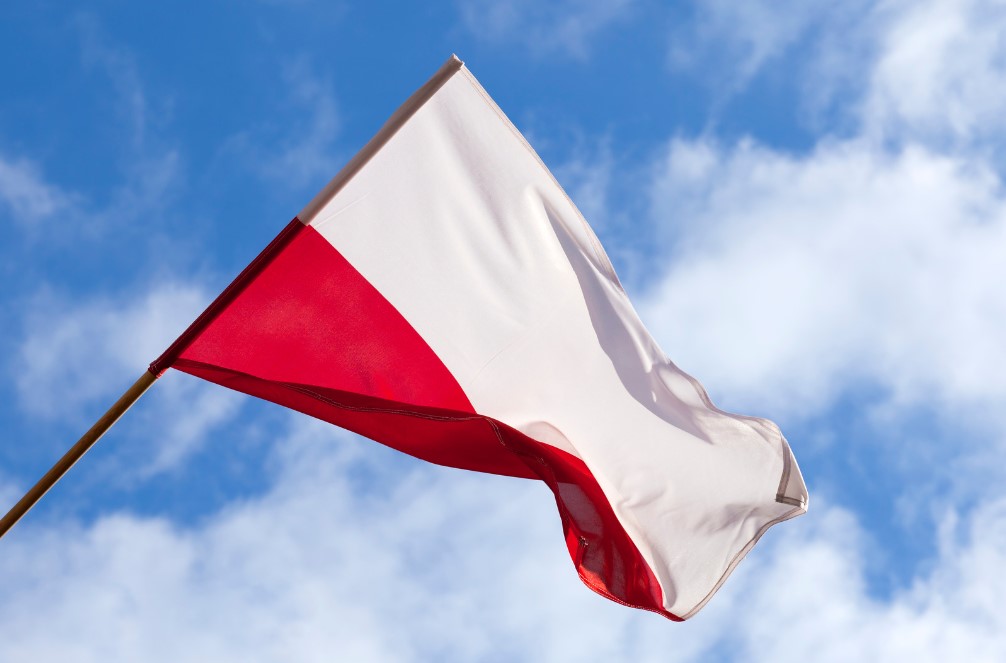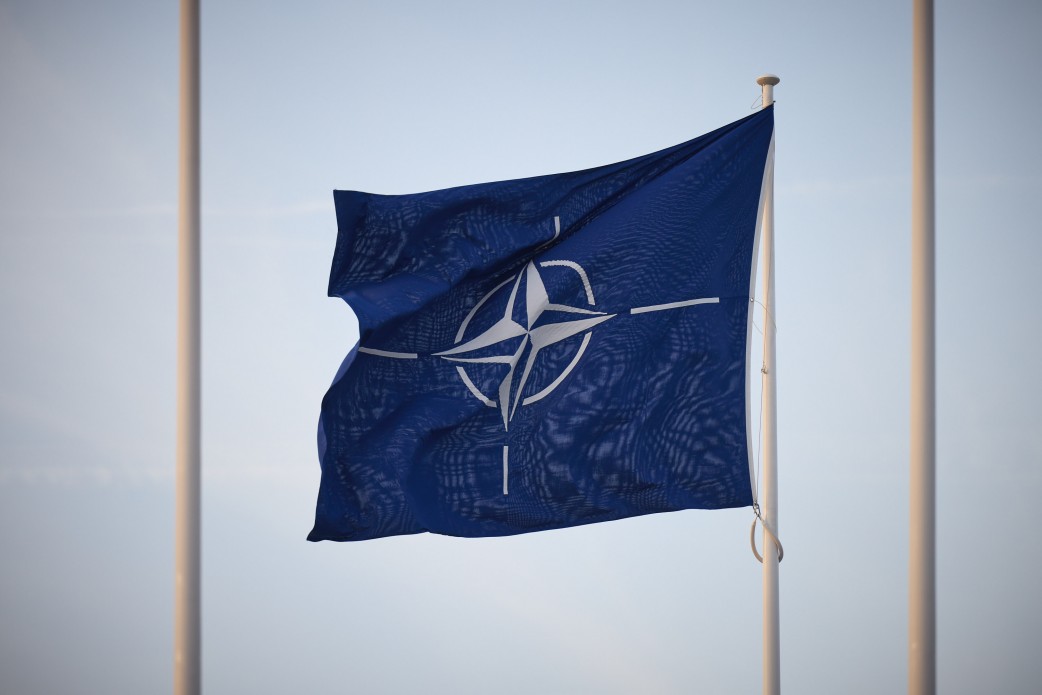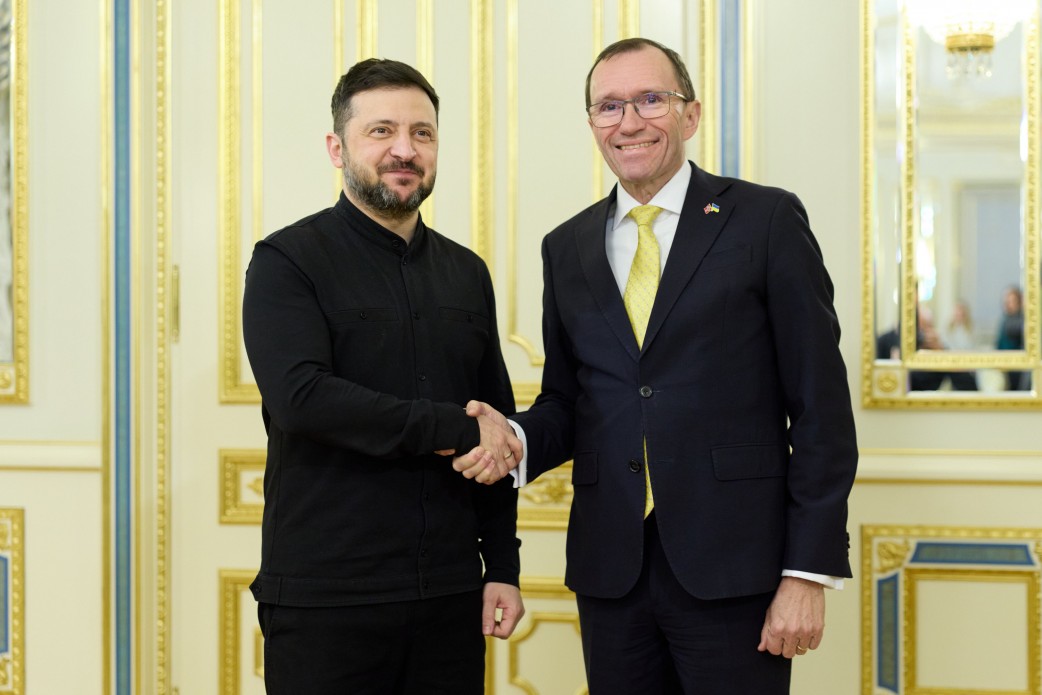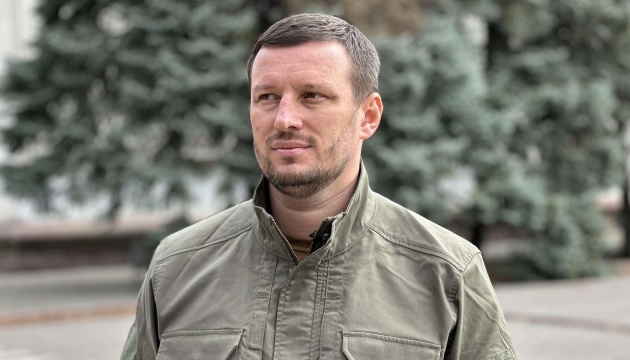On January 1, Poland took over the six-month presidency of the European Union from Hungary, with the country highlighting security, defense cooperation, support for Ukraine, and tougher sanctions against Russia as its main priorities. According to Polish authorities and RFI, the country aims to strengthen its position as one of the leading EU states, concentrating on economic, energy, and food security issues, while also promoting the development of European defense industries.
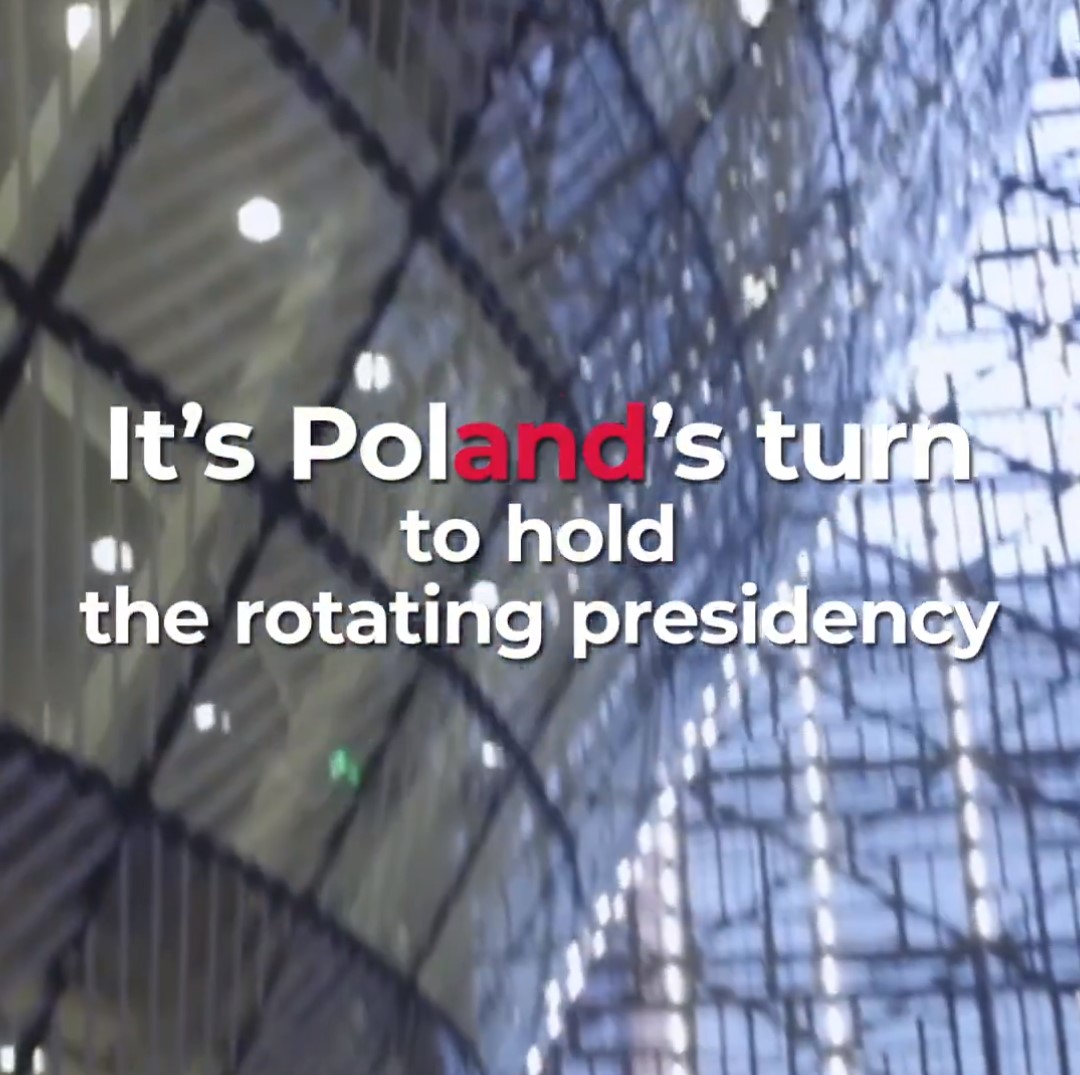
This transition marks a significant shift for the EU, as Poland has been one of Moscow's staunchest critics, contrasting with Hungary, which under Prime Minister Viktor Orbán has often adopted a pro-Russian stance. Orbán had used Hungary’s EU presidency to advocate for direct negotiations with Russia and to block EU initiatives on military aid to Ukraine.
Poland plans to return to a more traditional EU presidency role by ensuring consensus and compromises among member states. Polish Prime Minister Donald Tusk emphasized that the country remains a steadfast ally of Ukraine, with continued support for Kyiv and sanctions against Moscow as key elements of its agenda.
Poland currently spends over 4% of its GDP on defense, the highest among NATO countries. The government intends to leverage its presidency to strengthen Europe’s collective security.
However, analysts note that domestic political events, including upcoming presidential elections in May, may pose challenges to Poland's leadership. Additionally, decisions on security and foreign policy require unanimous approval from all 27 EU member states, a process complicated by the opposing views of Hungary and Slovakia, which resist further sanctions and increased military aid to Ukraine.
Despite potential hurdles, Poland is committed to advancing key initiatives during its EU presidency, underscoring its role as an important player on the European political stage.









